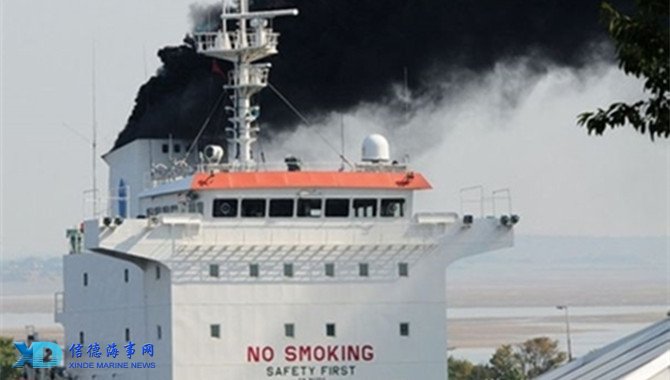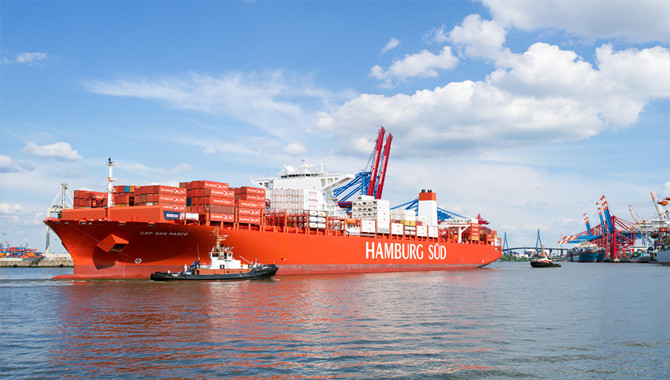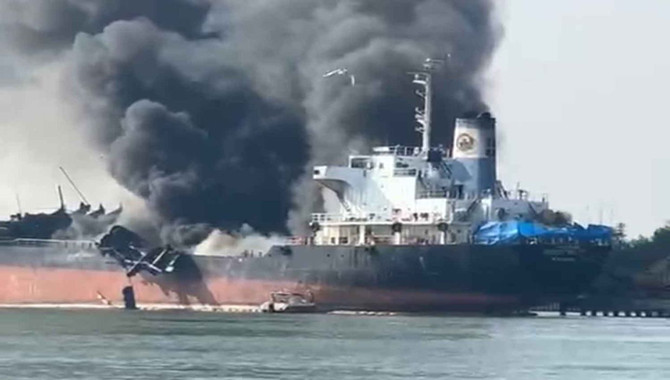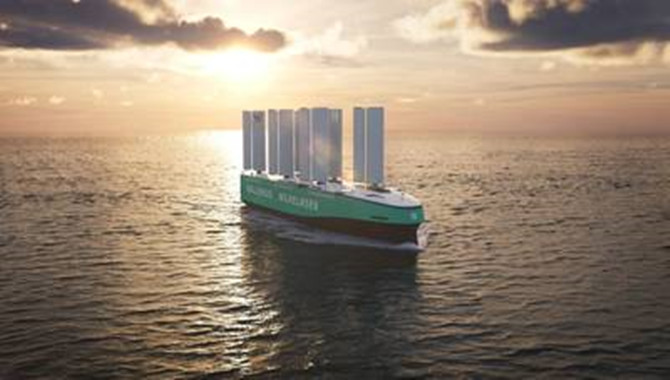
Industry expert Niels Bjørn Mortensen offers a personal view on compliance and punishment when it comes to the upcoming 2020 sulphur cap regulations
Having worked on the implementation of the Sulphur Cap rules for many years I have come to realise that those who try to bypass them do so via one of two ways: through the ships’ crew, without knowledge or consent of the owner; or through authorisation, usually tacitly, by senior management, which then trickles down through the technical and bunker departments, all the way to the bunker suppliers.
To illustrate the first approach, we could take an example of a bulk carrier (post 2020) given instructions to bunker 1,000 tonnes of 0.50% sulphur fuel in Buenos Aires. The captain and the chief engineer happen to know the bunker supplier (possibly a former colleague) and instruct him to in-stead deliver 1,000 tonnes of heavy fuel oil (HFO), issue a bunker delivery note (BDN) stating the fuel is compliant and send an invoice to the charterer (or owner) for 1,000 tonnes of 0.50% fuel.
The price difference between the invoiced fuel and the delivered HFO can easily be US$200,000 plus. Less than a handful of officers need to be involved on board the ship and the potential rewards could be US$30,000 to US$40,000 each, multiple times a year.
Scenario two involves a more formalised approach, when senior management agree among themselves to cheat the rules. One might expect this to occur among those shipping companies that pay their own fuel bills, typically container, roro and cruise lines. Such companies often operate several hundred ships, so the number of people involved in the office, on board the ships and within the bunker suppliers is large.
Everyone involved in the duplicity will need to be instructed (one assumes verbally to avoid a paper trail) and will expect a slice of the cake. The obvious risk in this scenario is the potential for a disgruntled (or ethical) participant to blow the whistle on the racket. The likelihood of this happening increases as more people become involved.
The consequences of being embroiled in this sort of scandal could be devastating for a company, resulting in untold reputational damage and substantial fines, among other repercussions. Imagine for a moment that a bunker adjustment factor (or emergency bunker surcharge) had been charged to cover the extra cost of the more expensive fuel. It is reasonable to assume those who had been cheated would want their surcharge back and it is also fair to assume they would take their custom elsewhere in future.
Both of these scenarios fall under non-compliance and should be penalised as such.
There is little doubt that given the huge sums involved in bunker cheating, some in the shipping industry will be tempted to try to make some “easy money”. But is it realistic to suspect blue-chip shipping companies to organise and execute cheating from top management level?
German Shipowners’ Association managing director Dr Martin Kröger does not think so: “With the paperwork involved, including BDN, oil record books, logbooks, double accounts for fuel bills, MRV reporting and so on, cheating [at] a corporate management level will literally be impossible.”
Perhaps the various PSC regimes would be better placed focussing on small companies operating on the spot market? Indeed, those violations detected so far point at the latter and it seems unlikely that this will change post 2020.
Niels Bjørn Mortensen Master Mariner & Naval Architect
Niels Bjørn Mortensen is one of the industry’s pre-eminent regulatory experts. His has headed BIMCO’s marine department, served as Maersk Maritime Technology’s director of regulatory affairs and chaired the Danish Shipowners’ Association technical committee. He also sits at the Danish Maritime and Trade Court as an expert judge.
Sources:mpropulsion
Please Contact Us at:
admin@xindemarine.com


 Maersk to integrate Hamburg Süd and Sealand
Maersk to integrate Hamburg Süd and Sealand  Launch of the construction of the first Ro-Ro saili
Launch of the construction of the first Ro-Ro saili  Oil tanker explosion kills at least 3 in central Th
Oil tanker explosion kills at least 3 in central Th  Wind-powered RoRo Vessel Secures €9 Million in EU
Wind-powered RoRo Vessel Secures €9 Million in EU  London plays a pivotal role as shipping seeks to re
London plays a pivotal role as shipping seeks to re  Shell unveils five energy sector trends to watch in
Shell unveils five energy sector trends to watch in